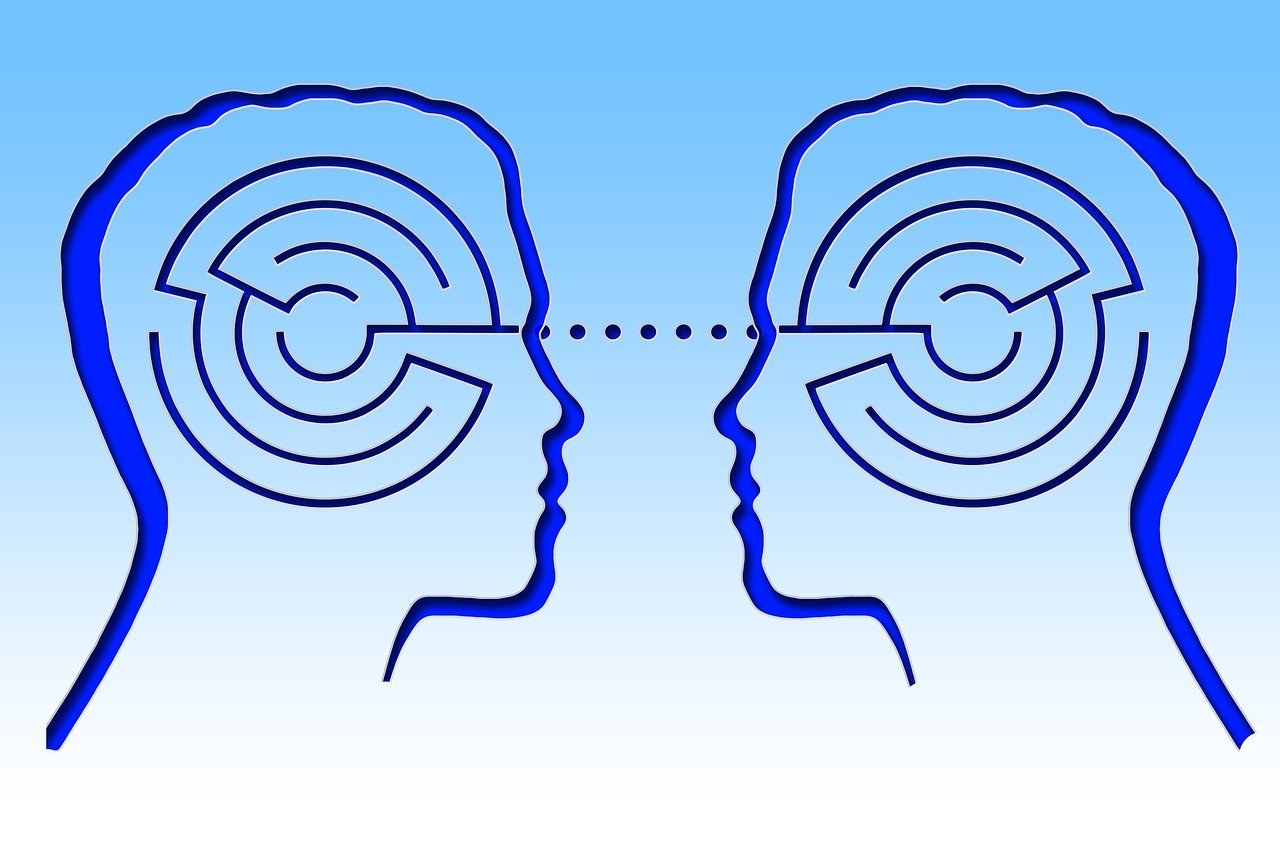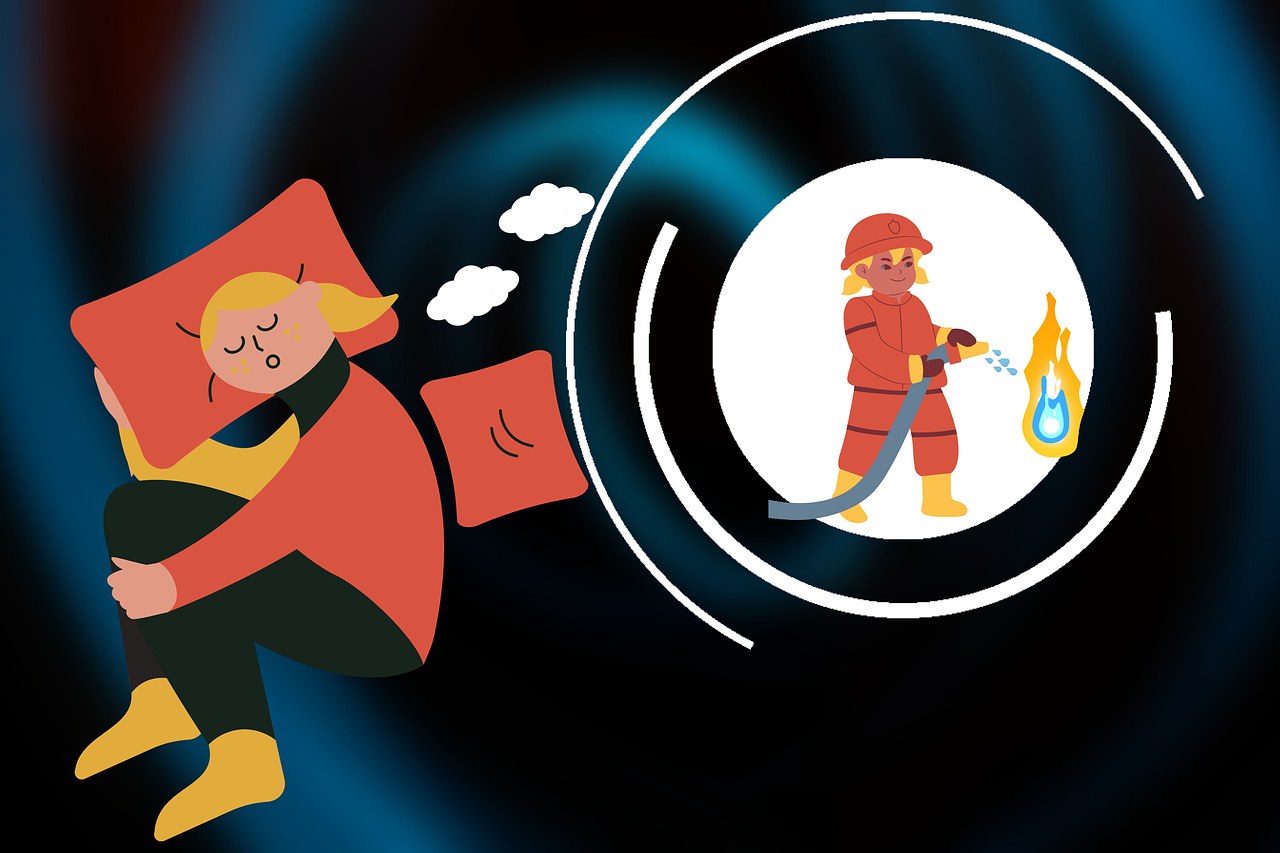Some people seem to move from one exclusive relationship straight into the next – often without a meaningful pause. That rhythm has a name: serial monogamy. When serial monogamy becomes your default, love can feel like a relay race where the baton is handed from partner to partner, each pledge sincere, each commitment real, yet the intervals of single life are remarkably brief. This guide unpacks what serial monogamy is, how it tends to unfold, why it shows up for certain people, the upsides and trade-offs of living this way, and the recognizable clues that your romantic life might be driven by momentum rather than intention.
What “Serial Monogamy” Means
In plain terms, serial monogamy is a pattern of being consistently partnered, shifting from one committed relationship to the next with little downtime. The defining element is exclusivity – you aim to be all-in with one person at a time, not to juggle multiple romances or keep a roster. There’s usually no overlap or covert flings; instead there’s a succession of serious bonds that can feel like mini-marriages. If you hear yourself say, “I’m just not single for long,” you’re describing the cadence of serial monogamy.
What separates this from healthy, exploratory dating isn’t morality or sincerity – it’s tempo and compulsion. Serial monogamy favors speed: feelings race ahead, labels land early, and the quiet space after a breakup is filled quickly. The pattern can be heartfelt and well-meaning while still being driven by discomfort with solitude or by the high of newness. Understanding that distinction is essential because serial monogamy can look responsible on the surface, yet be fueled by avoidance underneath.

- Exclusive bonds form quickly and feel intense.
- Single periods are short or absent.
- Breakups are often followed by swift new commitments.
- There’s genuine fidelity – yet a persistent urge to be partnered.
How It Differs From Casual Dating
Casual dating emphasizes exploration, flexible boundaries, and learning at a measured pace. Serial monogamy emphasizes certainty – “We’re together” arrives early, and everyday life reorganizes around the relationship. In casual dating you might pause to recalibrate; in serial monogamy you might fill that pause so fast that reflection never quite happens. The hallmark difference is the pressure you feel inside: with serial monogamy, being unpartnered can feel like an emergency rather than a neutral season.
Why This Pattern Takes Root
Serial monogamy rarely appears out of nowhere – it usually echoes deeper emotional templates about closeness, safety, and worthiness. The reasons below often overlap, reinforcing the cycle.
- Anxious attachment tendencies. When closeness feels like relief and distance feels like danger, being in a relationship can seem like the only way to exhale. The partnership becomes a regulator of the nervous system – a place to steady thoughts and emotions – so serial monogamy feels protective even when it’s exhausting.
- Fear of aloneness. Silence can feel loud. Unstructured evenings might stir up sadness, worry, or old memories, so staying partnered becomes a strategy to keep those feelings at bay. In that light, serial monogamy is less about romance and more about avoiding the ache of solitude.
- Chasing the honeymoon high. Early love floods life with novelty and reward. If that rush becomes the standard for “real” love, the stable middle of a relationship can be misread as boredom – and serial monogamy offers a fresh spark on repeat.
- Idealized scripts about love. If films, fairytales, or social media shape your expectations, you might equate constant ease with compatibility. Conflict then feels like proof you picked wrong, nudging you back into the cycle. Serial monogamy promises a reset – a new story with a flawless first act.
- Low self-esteem and validation seeking. Feeling chosen can briefly soothe doubts about worth. Over time, though, the reassurance decays and the need to feel wanted resurfaces – serial monogamy supplies the next dose of affirmation.
Pattern or Just Poor Fit?
It’s possible to date with sincerity, have several serious relationships, and still not be practicing serial monogamy. The distinguishing factor is repetition without reflection. If you take time to grieve, learn, and recalibrate – and if you’re willing to be single while you do – you might simply be searching for compatibility. If, however, you sprint from one bond to the next because being alone feels intolerable, that points toward serial monogamy.

- Do you start relationships to escape loneliness rather than to pursue alignment?
- Do you fall fast before you truly know the person in front of you?
- Do labels calm your anxiety more than they clarify your connection?
Upsides People Notice
Serial monogamy can offer meaningful benefits when approached consciously. You may value intimacy, practice loyalty, and learn deeply from each chapter. That experience builds relational know-how: you discover what nourishes you, what frays you, and which boundaries keep your heart steady. Emotional stamina also grows – you’ve survived endings, so you trust your capacity to love again.
- Commitment matters to you – you show up and give your best.
- You prefer depth over juggling options.
- You gather insight with each relationship and refine what “fit” means.
- You develop resilience – tenderness and toughness can coexist.
Trade-Offs and Risks to Watch
Every strategy has a shadow. With serial monogamy, the main risks are avoidance, erosion of self, and repeated patterns. When relationships become a shield against discomfort, personal growth stalls. Without solo seasons, identity can blur, and your sense of worth may hitch itself to whether someone else is choosing you. The result is a loop – new faces, familiar outcomes – because the inner work never gets the oxygen it needs.
- Avoiding tough emotions by staying constantly partnered.
- Missing the chance to build a life that feels whole on its own.
- Leaning on partners for validation that must ultimately come from within.
- Reenacting the same story – just with different names and settings.
Clues You Might Be a Serial Monogamist
The following signs speak to style, pace, and motivation. You don’t need to relate to every point for the theme to fit – patterns are made of many threads. If several of these feel uncannily familiar, your love life may be organized around serial monogamy more than you realized.

- Fast entries. You slide from spark to commitment quickly – constant messaging, sleepovers, shared plans. To you it feels right; to others it can seem rushed. The speed soothes anxiety and keeps loneliness at arm’s length.
- Singlehood feels unbearable. Time alone isn’t restorative – it’s itchy. You equate being unpartnered with failure, and serial monogamy becomes the fix.
- Labels arrive early. The “what are we?” conversation happens on a tight timeline. Titles reduce uncertainty – they’re less about defining love and more about quieting fear.
- Idealization eclipses reality. You build a radiant future in your mind after a handful of lovely moments. Red flags are muted so the fantasy can keep playing.
- A partner anchors your worth. Without one, the day feels dimmer and your role in life fuzzier. Being loved becomes the mirror you check to decide if you’re okay.
- Commitment both beckons and scares. You dream about a forever bond, then tense up when the relationship deepens – serial monogamy lets you keep chasing the dream without staying for the work.
- Infatuation masquerades as love. Butterflies and late-night chemistry register as proof of “the one.” When the high settles, you assume the love did too.
- Rapid rebounds. You move on before grief has finished its lap. A new person steps in where sadness would have sat.
- Perpetual “this time is different.” Each new chapter feels singular – until the first serious conflict, when the urge to exit returns.
- Minimal space between relationships. The pause is brief or nonexistent. Life skips the reflection phase and jumps to the opening credits again.
- Identity blends with the relationship. Your partner becomes your plan, hobby, and compass. Without the relationship, you’re unsure who you are.
- Love is treated as a cure-all. A new connection seems like a reset for loneliness, confidence, or old wounds – a role it can’t actually fulfill.
- Uncomfortable feelings are outsourced. Instead of sitting with fear, you smother it under fresh romance. The unprocessed emotion quietly tags along.
- Short, intense arcs. You go from strangers to soulmates – then burn out before depth has a chance to develop. Drama becomes a stand-in for closeness.
- Chaos equals closeness. If there aren’t fireworks, you assume something is missing. Steady connection feels suspiciously plain.
- Friends lose track. You’ve introduced several “this is the one” partners – loved ones start offering patient smiles rather than predictions.
- Shame about being single. You withdraw socially or post less online when unpartnered, treating single seasons like a storm to wait out.
- Craving constant reassurance. Compliments and quick replies feel essential. A delayed text can spark spirals, even when the relationship is healthy.
- Life rearranges too soon. You pivot goals, weekends, even jobs around someone new. Autonomy takes a back seat before trust has matured.
- Strong starts, shaky middles. First impressions are your superpower, but sustaining intimacy as the glow fades is harder – serial monogamy offers a tempting reset.
- Fear of being replaceable. Without a partner you feel invisible, and the idea of an ex moving on lands like proof that you were forgettable.
- Gut feelings get overridden. You sense misalignment early, yet you hush the instinct because leaving would mean facing empty space.
- Suspicion you’re hooked on love itself. You’ve noticed the loop and wondered if you’re chasing safety, purpose, and peace – not just a person.
Can This Style Be Healthy?
It can – when it’s a conscious choice, not a reflex. If serial monogamy aligns with your values and you use the time between relationships to integrate lessons, it can be a valid way to live, learn, and love. The same pattern turns problematic when it becomes an anesthesia for loneliness or a search for validation that never quite sticks. A useful litmus test is simple: are you choosing this rhythm from wholeness, or are you fleeing discomfort? Ask that question gently and often – the answer shifts as you grow.
If You Want to Change the Cycle
You don’t have to swear off love to adjust your pace. Small, deliberate experiments can open room for insight while keeping your heart involved.
- Pause on purpose. Create a real breather after a breakup – weeks or months that you guard like a personal retreat. Let your nervous system settle. Notice the urges to fill the space and see what they’re trying to protect you from.
- Work with a therapist. Explore attachment patterns, self-esteem, and the stories you inherited about romance. Understanding your “why” turns serial monogamy from an autopilot habit into a choice you can reshape.
- Practice restorative solitude. Eat out alone, take walks without podcasts, try a new hobby, even travel solo. Build a friendship with your own company so partnership is an addition, not an antidote.
- Date at a humane speed. Resist rushing to exclusivity to soothe anxiety. Let consistency, communication, and shared values do the deciding – not intensity alone.
- Invest beyond romance. Nurture friendships, purpose, play, and growth. A fuller life reduces the pressure on any single relationship to carry everything.
- Revise the script. Challenge the idea that “butterflies = truth.” Real love often looks like presence, honesty, and care – less cinematic, more durable.
Is Serial Monogamy “Bad”?
Not inherently. Serial monogamy is a pattern – one that can nurture connection when it’s aligned and mindful, or drain you when it’s driven by fear. If you’re hopping from heart to heart without breathing room, consider pressing pause long enough to listen to yourself. Love is powerful, and so is learning to feel at home in your own life. Whether you remain devoted to serial monogamy or reshape your rhythm, bringing awareness to the pattern gives you something precious – the freedom to choose how you love.